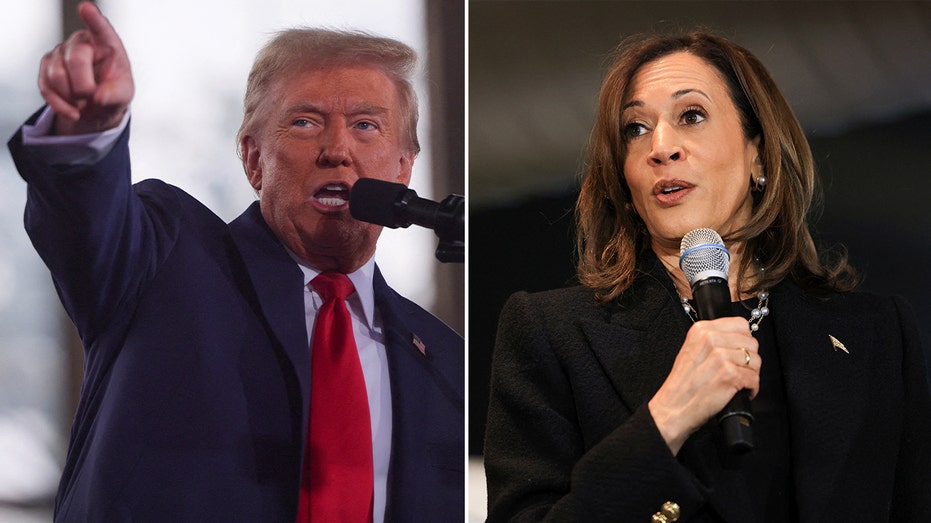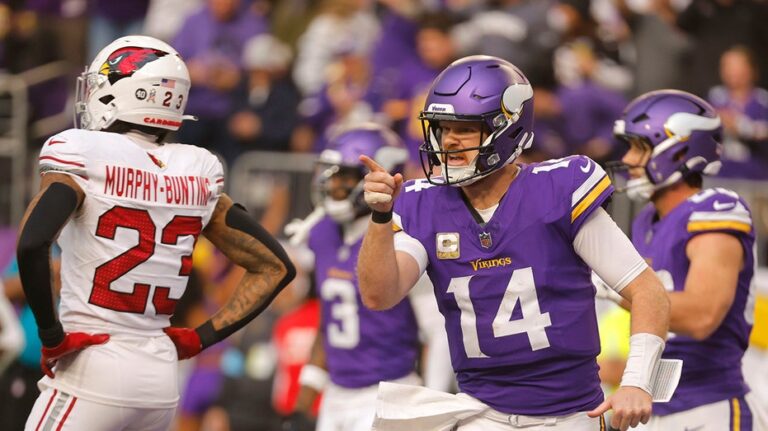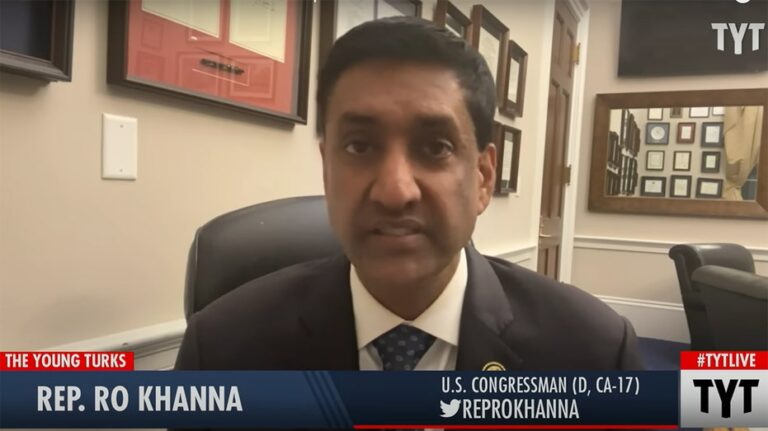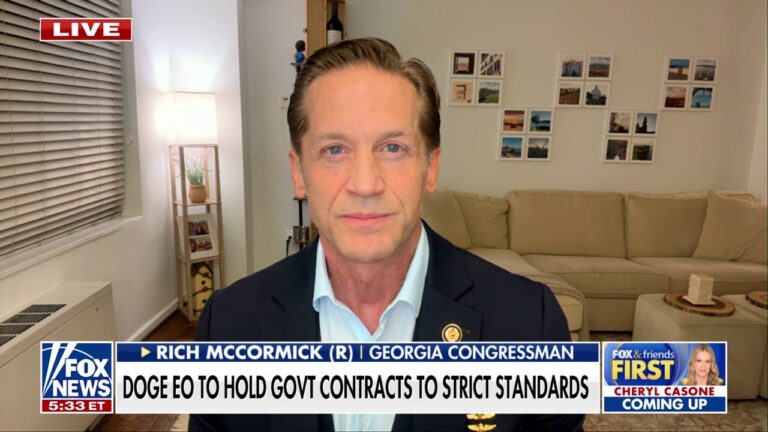
Election experts weigh in on what counties they will be watching on election night and which bellwether counties will matter most.
Now that Election Day is finally here, there are a few counties that experts are closely watching as their results could indicate who the next president will be.
Known as “bellwether counties,” these swing counties have, with some exceptions, consistently sided with the winning candidate for decades.
Matthew Bergbower, a political science professor at Indiana State University, described a bellwether county as a “microcosm of the nation” in terms of political preferences.
Though his county, Vigo County in Indiana, deviated by voting for Donald Trump in 2020, it has chosen the winning candidate in every election since 1952.
‘PAINSTAKING PROCESS’: PA COUNTY GIVES UPDATE ON PROBE OF SUSPICIOUS BATCH OF VOTER FORMS
Clallam County in Washington state stands out as the only county to have voted for the winning presidential candidate in every election since 1980. The people of Clallam County are proud of their history as the “last bellwether county” in America.
This year, the county looks just as divided as ever.
Pam Blakeman, chair of the Clallam County Republicans, told Fox News Digital that she thinks the election “will be close in our County, but I see it swinging towards Trump.”
She bases this on good Republican turnout and a ground game that she said “is the most active I have ever seen.”
PENNSYLVANIA JUDGE ALLOWS ELON MUSK’S PAC TO CONTINUE $1M A DAY GIVEAWAY
However, Ben Anderstone, a progressive Washington-based political consultant, told Fox News Digital that “a Trump win in Clallam County would be a bit of a surprise at this point.”
“This year, it looks likely that Clallam County will be to the nation’s left,” he said. “In our August primary, Clallam County was very Democratic, about 57% to 43%. Lower-turnout voters in Clallam County are much more Republican, so we expect the presidential election will be a lot tighter. Still, our model suggests Clallam will only tighten to 53%-47% Democratic or so.”
Like Clallam County, the presidential election could easily go either direction. Yet with GOP nominee former President Trump and Democrat nominee Vice President Harris facing razor-thin margins, three counties – Bucks, Erie and Northampton in Pennsylvania – stand out as particularly important.
Pennsylvania, which has 19 electoral votes, is the largest swing state and thus the biggest target for both Trump and Harris. During this election cycle, Trump and Harris have had a significant presence in the state and in these three counties.
On the final day before election day, Trump campaigned in both eastern and western Pennsylvania and Harris devoted the entire day to stops across the state. Vice presidential candidates Sen. JD Vance, R-Ohio, and Democrat Minnesota Gov. Tim Walz have similarly been making stops in Pennsylvania throughout the campaign.
“Both campaigns see the path to the White House running through Pennsylvania,” said Berwood Yost, the director of the national survey group the Center for Opinion Research. Similarly, he said the path to victory in Pennsylvania runs through Bucks, Erie and Northampton counties.
Bucks is a primarily suburban county just north of Philadelphia. Erie, which is situated in far northwestern Pennsylvania on Lake Erie, is primarily rural and significantly smaller in terms of population. Finally, Northampton in eastern Pennsylvania is suburban and home to Lehigh University, a private research college.
According to Yost, all three mirror many of the key demographics, such as racial composition, educational attainment and population density, that make Pennsylvania so competitive.
President Biden won Pennsylvania by a narrow 1.17 percent margin in 2020. The margins in Bucks (4.37), Erie (1.03) and Northampton (0.72) were similarly close.
Yost said that like the rest of the country, people in these counties are “generally dissatisfied” with the economy and want to see some kind of change, something that is a positive indicator for Trump. However, he said “the closest to the closeness of the race makes it seem that they haven’t been able to take advantage of that.”
“I think part of the reason the race is so close is that that message has not been consistently articulated by the top of the ticket,” he said. “Those distractions have raised some concerns among some voters.”
Yost said the race will come down to what independents and traditional Republicans who are not enthusiastic about Trump decide at the ballot box.
“That to me is really going to be the inflection point of this election,” he said. “If they’re wobbly, and they think it’s the economy, that’s a plus for Trump. If they go into the voting booth, and they think about something else, that’s a negative for the Trump campaign.”



